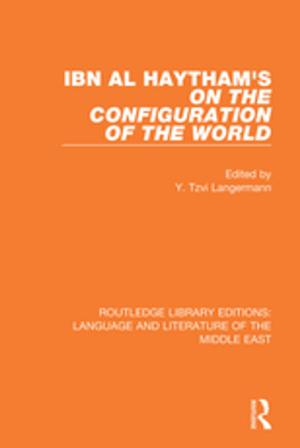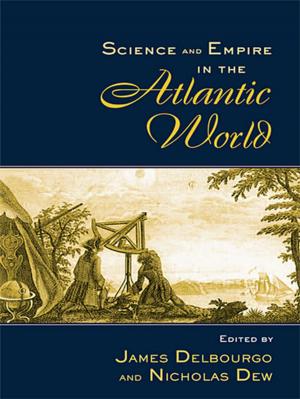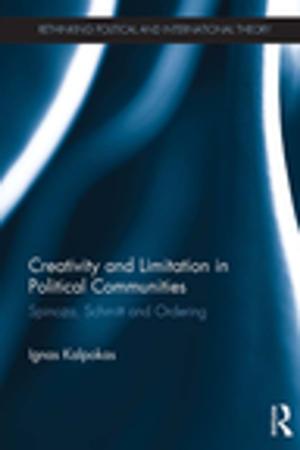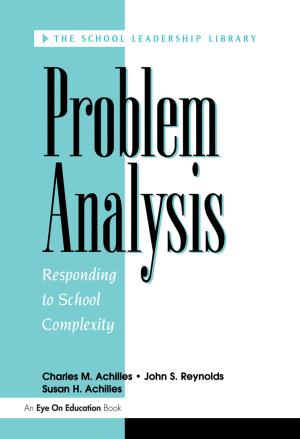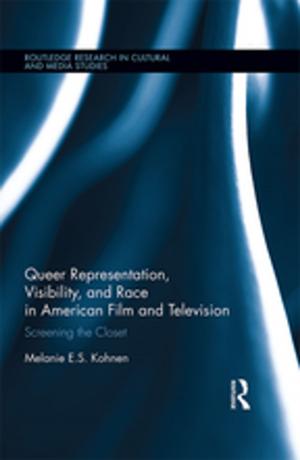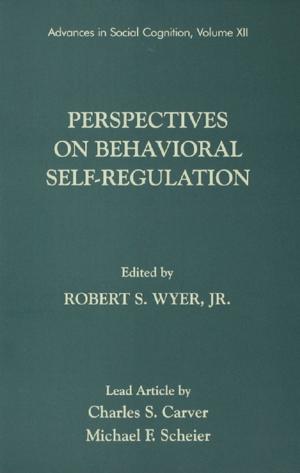The Making of Eurosceptic Britain
Identity and Economy in a Post-Imperial State
Nonfiction, Social & Cultural Studies, Political Science| Author: | Chris Gifford | ISBN: | 9781351146067 |
| Publisher: | Taylor and Francis | Publication: | November 30, 2017 |
| Imprint: | Routledge | Language: | English |
| Author: | Chris Gifford |
| ISBN: | 9781351146067 |
| Publisher: | Taylor and Francis |
| Publication: | November 30, 2017 |
| Imprint: | Routledge |
| Language: | English |
Offering a radical interpretation of a major political issue, Chris Gifford moves beyond existing narrative and institutional accounts of Britain and Europe to present a theoretically coherent and unique perspective on this troubled relationship. He acknowledges that populist Euroscepticism has become fundamental to constituting Britain and 'Britishness' in a post-imperial context, despite membership of the European Union. Organized chronologically, this interesting study provides lucid overviews of key periods in the British-European Union relationship. It combines political economy with political identity to illustrate how forms of Euroscepticism have become embedded across the British political class and culture. The book focuses not on outlining history or the impact of British integration on British institutions, but on the ways in which elite behaviour towards European integration should be analyzed as practices and discourses that use Euroesceptism to construct Britain and distinctive British political projects.
Offering a radical interpretation of a major political issue, Chris Gifford moves beyond existing narrative and institutional accounts of Britain and Europe to present a theoretically coherent and unique perspective on this troubled relationship. He acknowledges that populist Euroscepticism has become fundamental to constituting Britain and 'Britishness' in a post-imperial context, despite membership of the European Union. Organized chronologically, this interesting study provides lucid overviews of key periods in the British-European Union relationship. It combines political economy with political identity to illustrate how forms of Euroscepticism have become embedded across the British political class and culture. The book focuses not on outlining history or the impact of British integration on British institutions, but on the ways in which elite behaviour towards European integration should be analyzed as practices and discourses that use Euroesceptism to construct Britain and distinctive British political projects.

